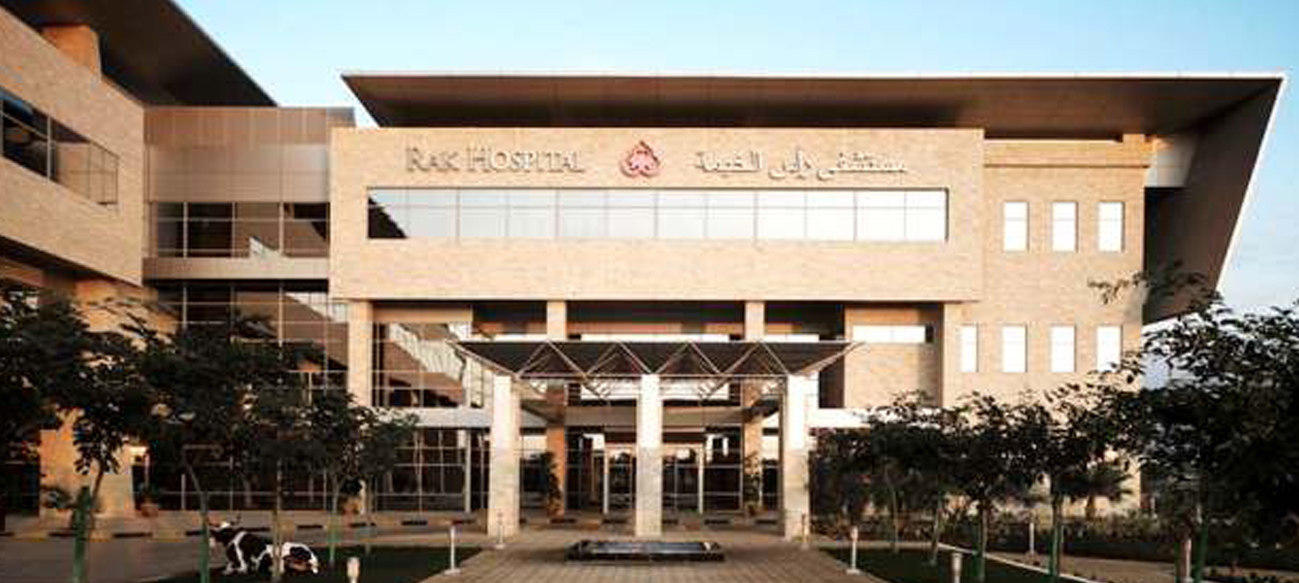After experiencing repeated attacks of pain around the eyeball with visual loss alternatively in both eyes, Nawzer Lala, a diabetic middle-aged man, was referred to Dr. Sweta Adatia, Specialist Neurologist at RAK Hospital, who detected the problem immediately and after a complete examination concluded these attacks were episodes of Optic Neuritis (ON) linked to Anti MOG positivity.
ON is an inflammatory disease of the optic nerve (the nerve that transfers information from the retina to the brain that facilitates vision) characterized by pain and visual loss and often associated with multiple sclerosis (MS) – a chronic disease that attacks the central nervous system, affecting the brain, spinal cord, & optic nerves.
In 15-20 per cent of people who eventually develop MS, Optic neuritis is their first symptom. The risk of developing MS following one episode of optic neuritis is approximately 50 per cent within 15 years of any first episode of optic neuritis. However, certain forms of optic neuritis are not related to MS. They are autoimmune in nature with the body’s own mechanism attacking the optic nerve.
 “Nawzer’s was indeed a very unusual and demanding case presenting a set of unique challenges. Being diabetic and having the presence of anti MOG positive antibodies in high titers created several issues including his inconsistent response to steroids and constant fluctuation in sugar levels. Whereas, tapering of high dosage of steroids, essential for the treatment, immediately led to repeated attacks, while other immune-therapies didn’t help either in curbing the attacks”, explained Dr. Sweta Adatia.
“Nawzer’s was indeed a very unusual and demanding case presenting a set of unique challenges. Being diabetic and having the presence of anti MOG positive antibodies in high titers created several issues including his inconsistent response to steroids and constant fluctuation in sugar levels. Whereas, tapering of high dosage of steroids, essential for the treatment, immediately led to repeated attacks, while other immune-therapies didn’t help either in curbing the attacks”, explained Dr. Sweta Adatia.
“It was a first of its kind case not just for our team but even world over, there have only been a few hundred such case s recorded so far where the patient with Optic Neuritis is found anti MOG positive and gets relapses despite being on steroids and other immune suppression agents. This obviously meant we hardly had any evidential data to support us during the treatment plan. However, despite encountering
several obstacles, we were eventually successful in stabilizing the attacks with the help of pulsed steroid therapy while maintaining the regular oral steroids. Despite all odds, we have overcome this together and finally restored his vision to a full 6/6,” added Dr. Adatia.
Nawzer’s vision is completely restored now and thankfully he hasn’t had any attacks since the treatment. Currently, he maintains his vision with a minimum daily steroid tablet, followed by monthly intravenous steroid pulse shots.
Dr Raza Siddiqui, CEO, Arabian Healthcare Group and Executive Director RAK Hospital, added: “Since this was such an unusual case, the challenges of therapy and recovery were very unique too. We at RAK Hospital take great pride in our experienced team and their ability to instantly recognize the disease and suggest prompt diagnosis and therapy.”













